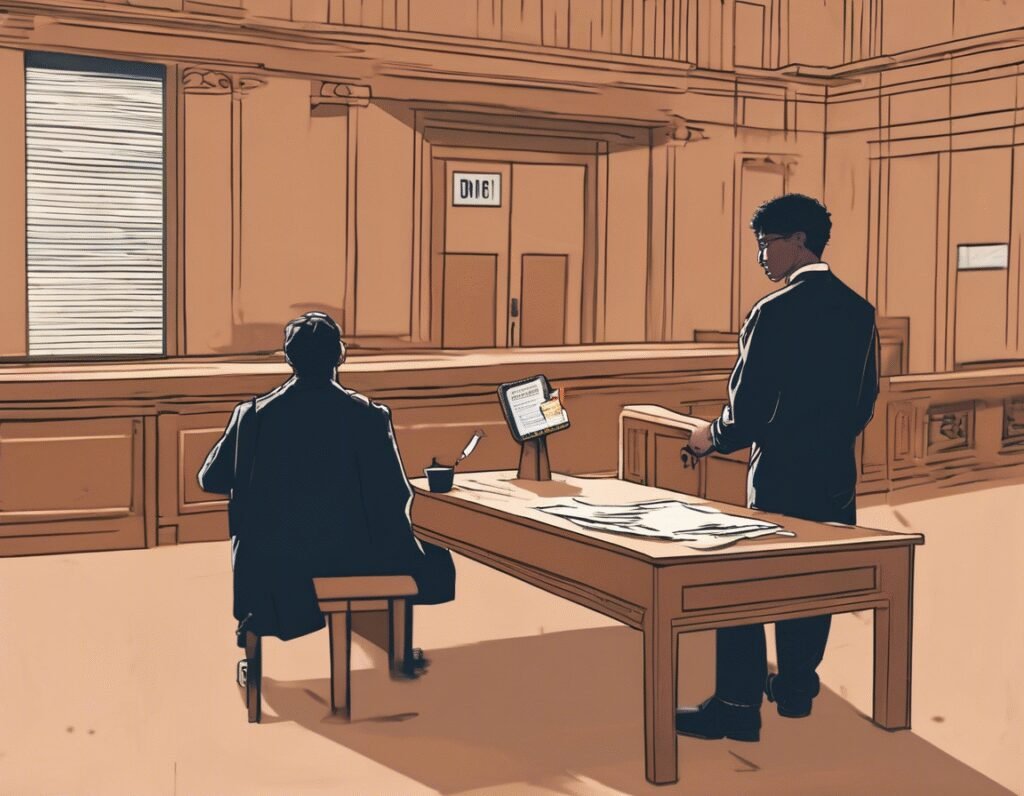Supreme Court Allows Mississippi’s Social Media Age Verification Law to Take Effect
The Supreme Court has declined to intervene in Mississippi’s controversial age verification law for social media users, leaving the legislation in place for now. The decision comes as multiple states across the U.S. grapple with similar laws aimed at restricting minors’ access to online platforms.
Mississippi’s law mandates that all social media users verify their age before accessing platforms. It also requires social networks to prevent children from viewing harmful content and obtain parental consent for minors to create accounts. NetChoice, a trade group representing major tech companies like Facebook, Instagram, Snapchat, and YouTube, challenged the law, arguing it violates First Amendment rights.
A federal district court initially sided with NetChoice, blocking the law, but the 5th Circuit Court of Appeals later reversed that decision. NetChoice then sought emergency relief from the Supreme Court, asking to reinstate the block. While Justice Brett Kavanaugh denied the request, he indicated that NetChoice has a strong case on First Amendment grounds. He stated that the group is likely to succeed in proving the law unconstitutional but did not grant immediate relief due to insufficient evidence of imminent harm.
NetChoice remains confident in its legal position. Paul Taske, co-director of the NetChoice Litigation Center, called the Supreme Court’s decision a procedural setback rather than a final defeat. He emphasized that the First Amendment arguments will ultimately prevail.
Mississippi’s law is part of a broader trend of state-level regulations targeting online platforms. Some laws focus on adult content websites, while others, like those in Arkansas and Florida, impose age verification for social media. Federal courts have blocked similar laws in Arkansas and Florida, while Texas and Nebraska are advancing their own restrictions on minors’ social media use.
The legal battles highlight the tension between protecting children online and preserving free speech rights. As more states introduce age verification requirements, the tech industry is pushing back, setting the stage for future Supreme Court rulings on the issue. For now, Mississippi’s law remains enforceable, but its long-term fate remains uncertain.

